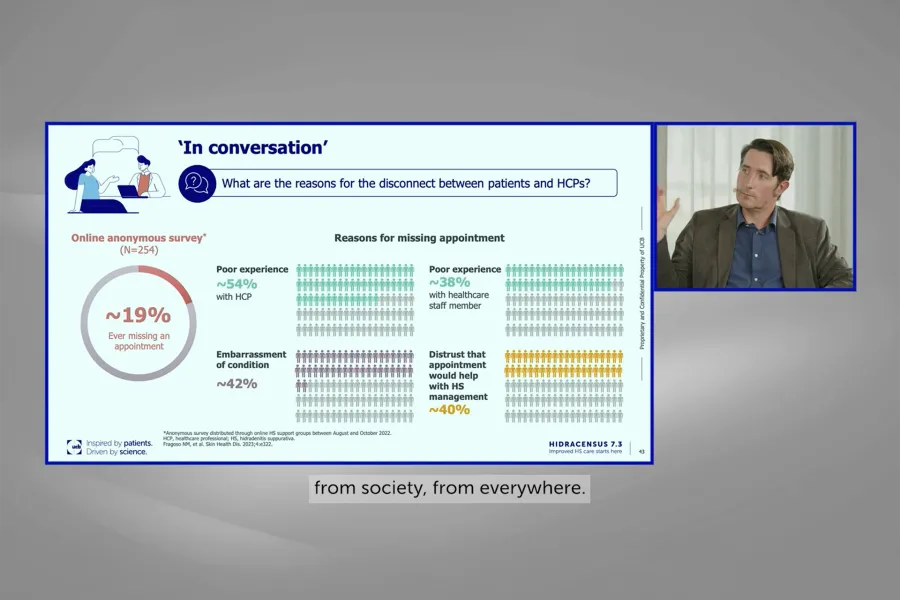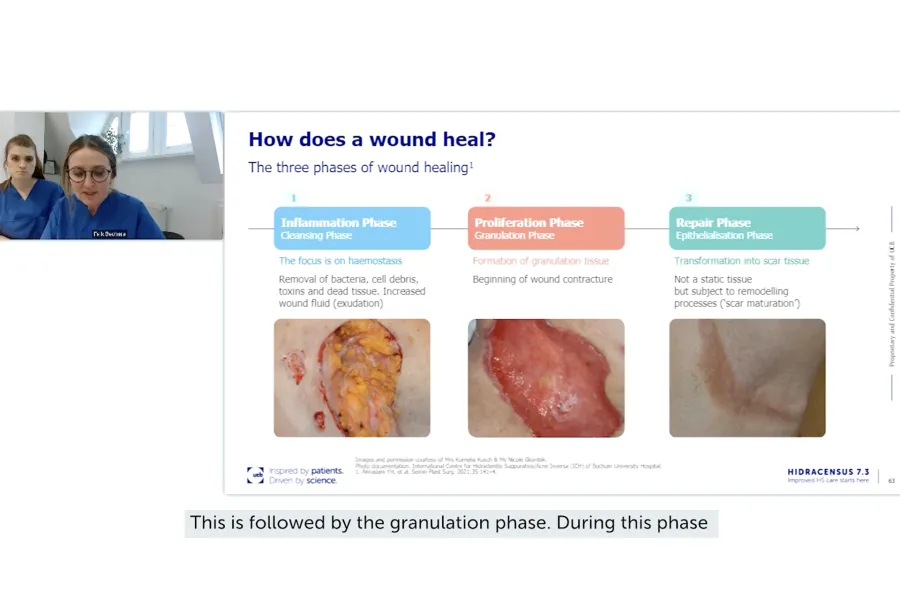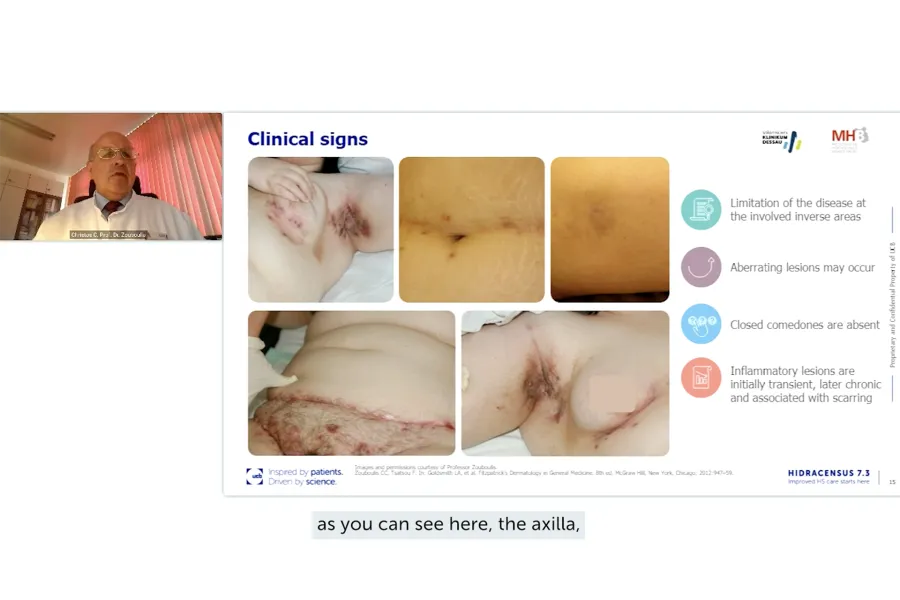

Dr Annunziata (Nancy) Dattola
Dr Annunziata (Nancy) Dattola is Researcher at the Department of Dermatology, University of La Sapienza in Rome, Italy.
Her main field of interest is the diagnosis and treatment of inflammatory skin diseases. In 2013, Dr Dattola completed a 2-year fellowship at the Laboratory for Investigative Dermatology at the Rockefeller University, New York, NY. During her fellowship, she focused on psoriasis, metabolic syndrome and imaging such as positron emission tomography (PET)/computerised tomography (CT), sono-elastography, and CT angiography, in the diagnosis of patients with psoriasis. In January 2021, she completed her PhD in Biochemistry and Molecular Biology with a thesis entitled: “Results of two different biological treatments in patients with PsO and PsA, and detection of early arthritis”.
Dr Dattola’s current research includes projects on biological agents for the treatment of psoriasis, laser and cosmetology. She is also involved in numerous phase III clinical trials and is author of many papers on these topics. She completed 3 years of research at the University of Rome Tor Vergata from 2018 to 2021.
Dr Dattola is a member of the “Italian task force” for women with psoriasis, member of the Italian Society of Dermatology and Venereology (SIDeMaST), member of the European Academy of Dermatology and Venereology (EADV) and member of the local organising committee for the World Congress of Dermatology 2019 Milan, Italy.

The invisible impact of HS: Hearing the patient experience
HS presents diverse challenges for patients, across many key aspects of life. Insights into these complex burdens provides the foundation for essential support

Caring for HS wounds: What you need to know
Essential post-operative HS wound care techniques, from daily dressing changes to advanced techniques like split-skin grafts and vacuum therapy

Understanding the science behind HS
Underlying mechanisms behind HS pathogenesis and potential risk factors driving disease
Updated to reflect major changes in the European S2k guidelines, this guide empowers to understand HS and navigate their care
Updated to reflect major changes in the European S2k guidelines, this guide can help you to successfully recognise, manage and communicate with patients

Hidracensus 7.3 HS Awareness Week Webinars Flyer
Download this flyer to invite your colleagues to the two HS Awareness Week webinars.

